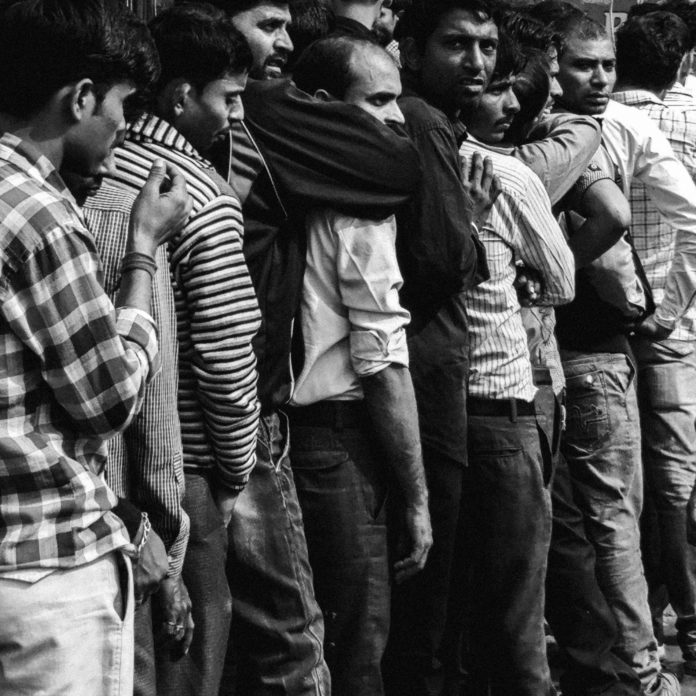In a “live” speech on November 8, Prime Minister Narendra Modi announced that from the morning of 9th November 2016 notes of 1000 INR and 500 INR will not be accepted in any monetary transaction and they will cease to be legal tender barring some pre-determined cases, that too for a fixed period of time. He also informed the nation that on November 9 and in some places on November 10, ATMs will not work. New notes of 2000 INR and 500 INR are to be circulated soon.
Thus started India’s war against black money and common people’s struggle to get old currencies exchanged standing in long queues for hours.
We, being the law-abiding citizens of India, decided to stand in a queue and to go with the flow. However, we did encounter some snags on the way
This is not to point fingers towards what is right and what is wrong. It is, perhaps, to show what exactly is happening on the streets on a daily basis, where hordes of people are lining up to get their old notes exchanged for the new ones.
In Delhi, the so called heart of Indian politics, along with other metro cities, several touts emerged soliciting the exchange of old notes for the new ones. If you give 10,000 INR in old currency notes, you get 8,000 INR in new currencies without standing in a queue for 4-5 hours.
Now for example if you are earning something in the bracket of 40,000 INR per month, your daily income is going to be around 1,300 INR per day. You can exchange only 2,000 INR per day and by the length of the line you may have to skip the work day to get them exchanged. So, here you are losing 1,300 INR to get your own 2,000 INR. After that, you can only withdraw 2,000 INR a day from the ATMs in exchange of standing in another long queue for 2-3 hours, provided the ATM has money.
It’s the middle class equation.
We have frequently heard ministers, celebrities and Narendra Modi himself saying people are willing to go through the difficulties as this decision after all favours the nation and they thoroughly support the Government. Simultaneously oppositions have spoken against the demonetisation again and again. But sadly, they are not the ones standing in the long queues from midnight to get their hard-earned money the next morning.
So who is standing in the line?
See the pictures on the next page



























